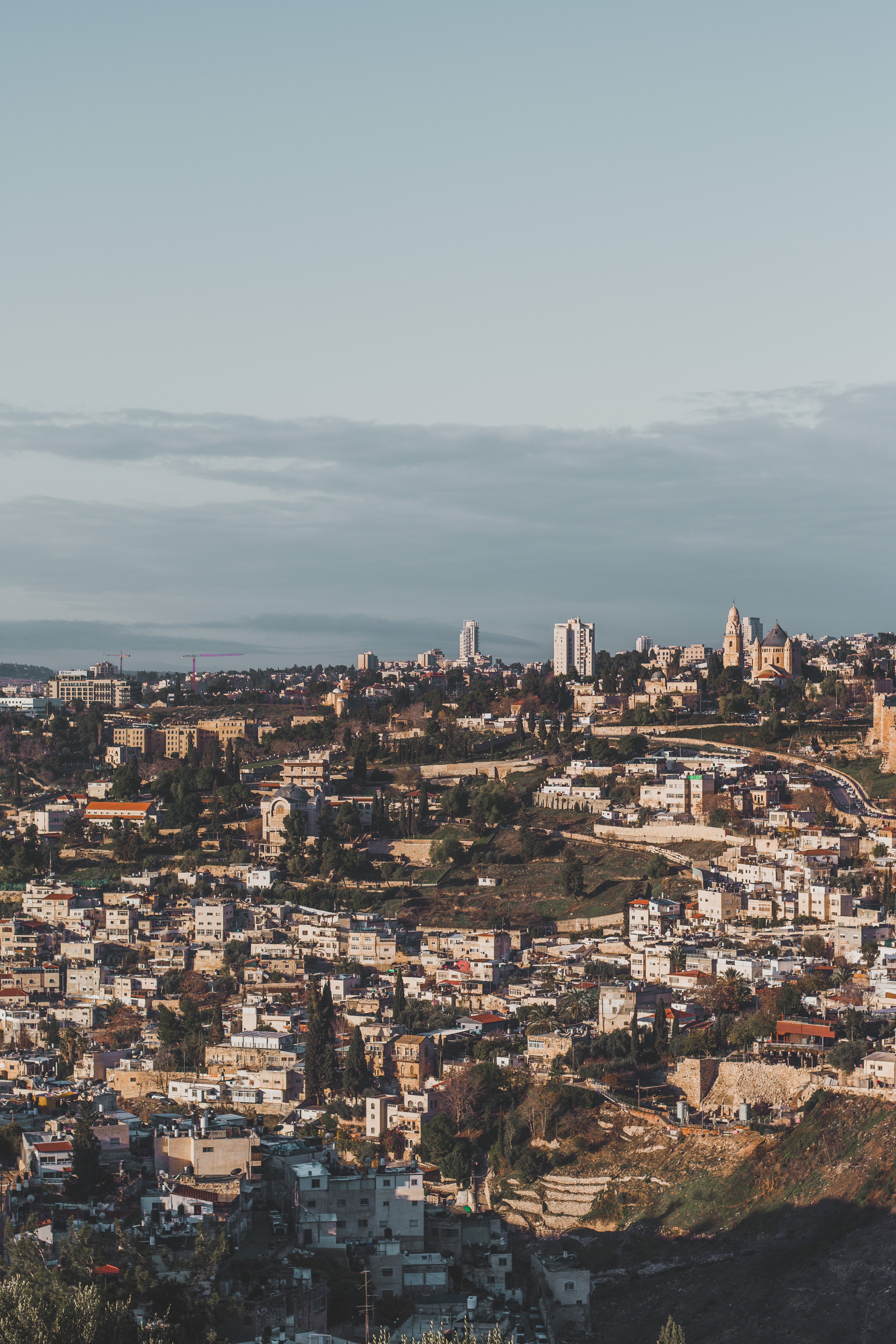
I was naive to think I would feel a connection to Jesus Christ during my 10-day tour of Israel.
I fell into the trap that almost every Christian falls into when visiting the Holy Land: believing you will have a spiritual encounter when presented with the birthplace of Christ.
Instead, what I felt at first was a distance from the figure central to my faith.
When I journeyed with 43 other Hillsdale students this past winter break on the Passages Israel tour, I saw various biblical sites and learned the complex history and culture of the times in which Jesus lived.
And to my surprise, with each experience and passing day learning of the Jesus from Nazareth, Bethlehem, Galilee, and Jerusalem, I found that Jesus became increasingly distant from me. I felt I did not know him.
Walking the streets of Jerusalem, experiencing Shabbat with a Jewish family who kindly let college students into their home, watching observant Jews pray at the Western Wall near the Temple Mount, exploring the ruins of a first-century synagogue in Magdala near the Sea of Galilee, and even seeing Hasidic Jews pray with their phylacteries in the early hours of the morning on our flight to Israel, I recognized a rich culture I knew little about.
Coupled with these experiences, our tour guide, Adrian, brought out the context and significance that various Gospel stories meant to a first century Jewish audience. As I learned how central Jesus’ Judaism was to his identity, I again realized how little I knew of it.
I was convicted that my knowledge of Jesus the man was limited, and for that I felt ashamed, doubting the strength of my faith.
But then I had a different kind of spiritual encounter — a conviction about the sacredness and holiness of the land I was exploring. I realized the land of Israel truly is a holy place.
Toward the beginning of the trip, I started meditating on Deuteronomy 11, where God outlines to the Israelites his love for the land he will give them, as well as the blessings he will reap upon said land if they are obedient. Verses 11 and 12 read: “But the land which you cross over to possess is a land of hills and valleys, which drinks water from heaven, a land for which the Lord your God cares; the eyes of the Lord your God are always upon it, from the beginning of the year to the very end of the year.”
I read that God loves the land of Israel and his eyes are continually upon it.
I then asked God to show me why this land was so special.
I first considered the topography.
In Deuteronomy 11, if the Israelites follow God and serve him, he will bestow the land with rain; if not, he will close up “the heavens.”
The natural topography of the land — a land of mountains and valleys — means that the land is dependent on rain to be fertile. Therefore, what makes this land unique is that its inhabitants are utterly reliant on rain for their survival and prosperity. By living in this special land, as compared to Egypt, the Israelites had to rely on God to give rain and sustain life.
The land requires obedience and faith.
I then considered the love Israel’s current and former inhabitants have for this land.
When we visited a moshav — a cooperative agricultural community — at Netiv HaAsara, a town just outside Gaza, our guide Barack spoke of the danger he and his family face every day as residents.
In the past year alone, Barack’s settlement has faced a barrage of 10-12 rounds of missiles from Gaza — one round equaling one missile per minute for as long as 24 hours. Residents only have about eight seconds to find a bomb shelter, which is why Barack’s children sleep in one.
After all the violence and psychological terror, the people of Netiv HaAsara still do not leave the land. Despite this violence, I saw a vibrant, growing community on a beautiful piece of land overlooking Gaza.
These people, under constant existential threat, feel tied to this land and do not wish to leave. They regard the land as sacred, and, for that reason, they will not give it up.
But not only Jews have a claim to the land. Palestinians, who occupied it 70 years prior, also claim it as their own.
When I heard from a Palestinian Christian and Muslim refugee from the West Bank, they made clear that they felt a tie to Israel, which they consider their proper home. Like the Jews, they view the land as sacred. For both Christians and Muslims, Israel is of tremendous importance to their faith.
And so, just like ancient and modern-day inhabitants, I was convicted of the sacredness of the land I was visiting. This was the spiritual revelation I least expected.
Although I did not feel closer to Jesus, I experienced a great reverence and awe for the land itself. I realized that the land I walked — where Jesus walked — was holy ground, and in that alone my faith grew.

